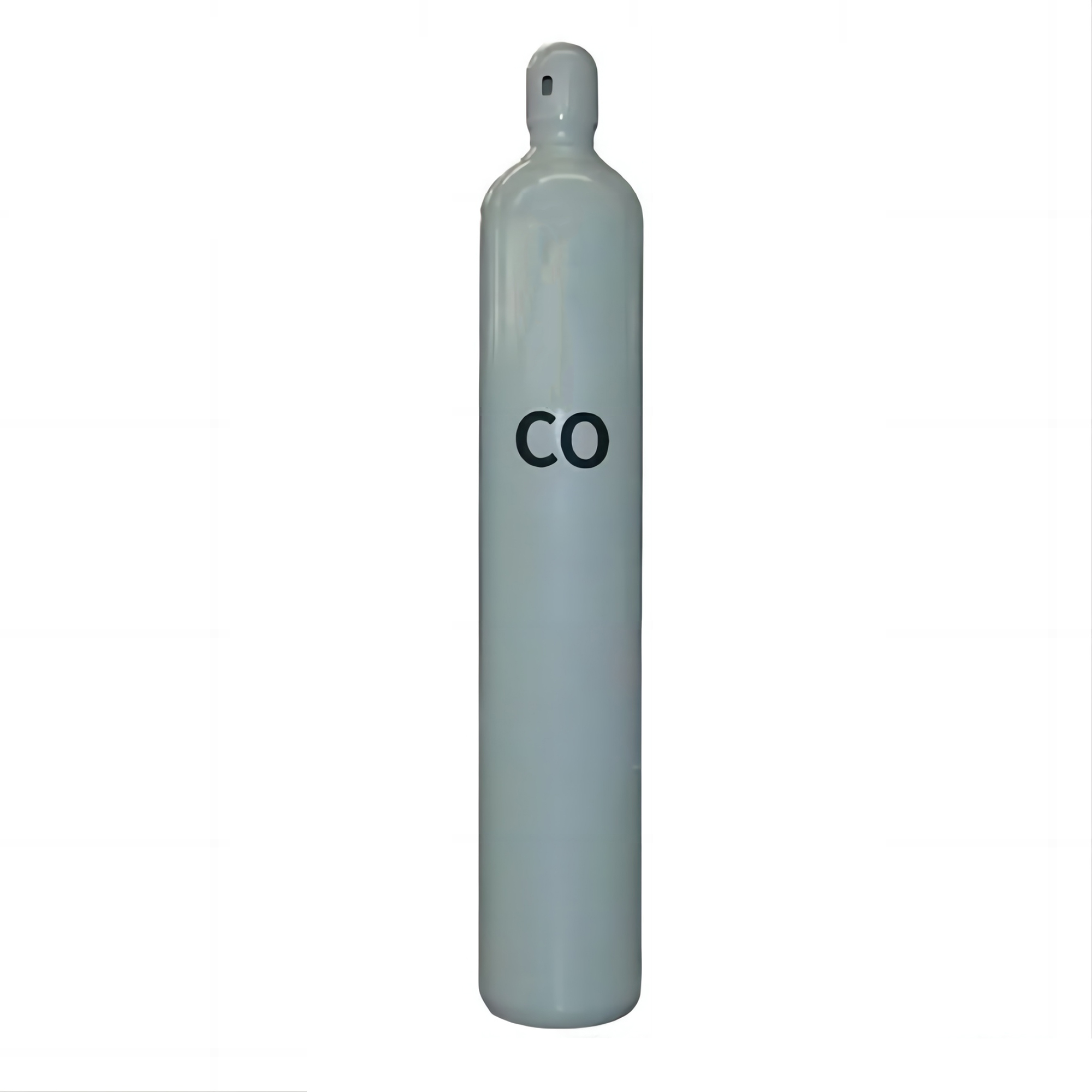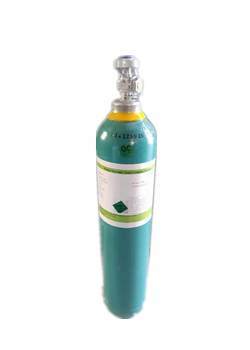Factors affecting the gas detector
As the name implies, the gas detector is an instrument used to detect the concentration of leaking gas. Its core component is a sensor, because the gas detector USES sensors to detect the type and concentration of leaking gas. So, if the sensor fails and something goes wrong, the gas detector can't detect it. So what are the factors that affect the gas detector readings? Today small make up to introduce to you
The three major factors
In general, a number of environmental factors may affect the sensor readings of the gas detector. These include changes in pressure, humidity and temperature. Changes in pressure and humidity affect the amount of oxygen actually present in the atmosphere.
One, humidity change
If humidity changes significantly (e.g. when moving from a dry, air-conditioned environment to an outdoor humid air environment), water vapor in the air drives away oxygen, causing oxygen readings to drop as much as 0.5%. Gas detector sensors are equipped with special filters to eliminate the effect of humidity changes on gas readings. The effect is not immediately noticeable, but over the course of a few hours it slowly affects the degree of oxygen.
Second, pressure changes
If the pressure changes dramatically (e.g. when passing through a gas plug), the sensor reading of the gas detector may fluctuate temporarily, which may cause the detector to give an alarm. When the oxygen volume percentage is stable at around 20.8% and the overall pressure drops significantly, the oxygen in the environment for breathing can become dangerous.
Three, temperature change
Sensor with temperature compensation. However, if the temperature fluctuates wildly, the sensor readings of the gas detector may drift. Zeroing instruments should be performed on the job site to minimize the impact of temperature changes on readings.





 Facebook
Facebook YouTube
YouTube LinkedIn
LinkedIn Twitter
Twitter